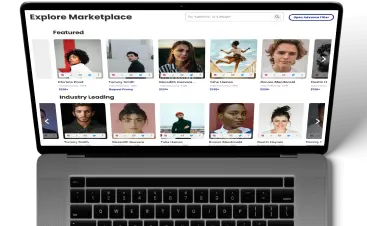What Is Influencer Marketing?
It is a form of marketing that involves collaborating with individuals who have a significant and engaged following on social media platforms. These individuals, known as influencers, can affect their audience’s purchasing decisions due to their authority, expertise, or relationship with their followers. Brands partner with influencers to promote their products or services to a targeted audience authentically and relatable, leveraging the influencer’s credibility and influence to drive engagement, brand awareness, and, ultimately, sales.
What Are The Advantages Of Influencer Marketing?
Influencer marketing can be used in your strategy to boost brand visibility, enhance engagement levels, and drive sales. Below are several key benefits of leveraging influencers in your marketing endeavors:
- Increased brand awareness: Influencers have dedicated and engaged audiences, allowing brands to reach a wider audience and increase their visibility.
- Authenticity and credibility: Influencers are seen as trusted sources of information by their followers, making their endorsements and recommendations more authentic and credible.
- Targeted audience reach: Influencers often specialize in specific niches or demographics, allowing brands to target their marketing efforts to a particular audience segment.
- Enhanced content creation: Collaborating with influencers can result in high-quality and engaging content that resonates with the audience, providing brands with valuable user-generated content.
- Improved engagement and interaction: Influencers have strong relationships with their followers, leading to higher engagement and interaction with branded content.
- Cost-effective marketing: It can be more cost-effective than traditional advertising channels, especially for smaller brands with limited budgets.
What Are The Drawbacks Of Influencer Marketing?
Influencer marketing has encountered criticism and controversy, with specific influencers and brands encountering backlash over undisclosed sponsorships or perceived inauthenticity in their content. Consequently, numerous platforms and governmental bodies have implemented guidelines and regulations governing influencer marketing to promote transparency and safeguard consumers. It is imperative for brands to carefully select influencers and prioritize transparent, authentic partnerships to mitigate the risk of backlash or adverse publicity.
Check out some other terms you may encounter in the Creator economy here.








